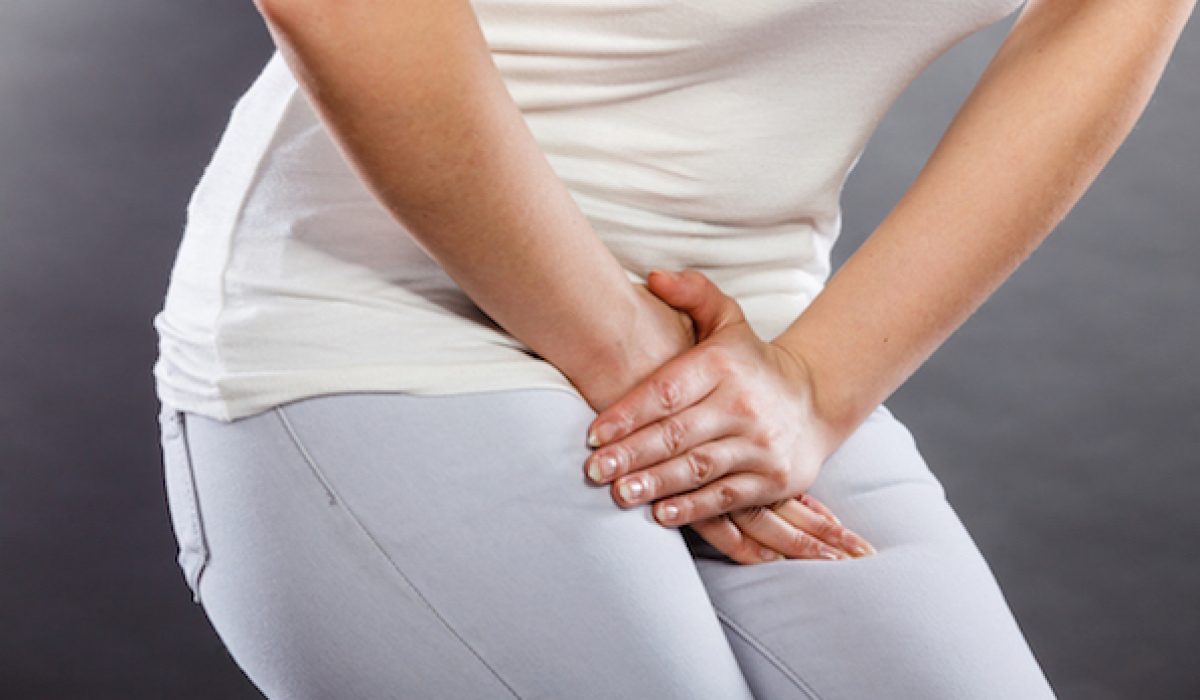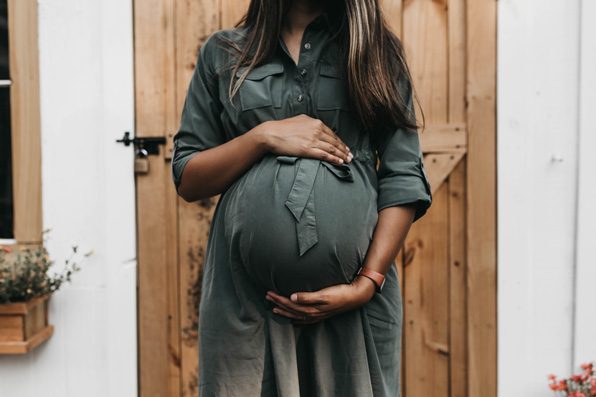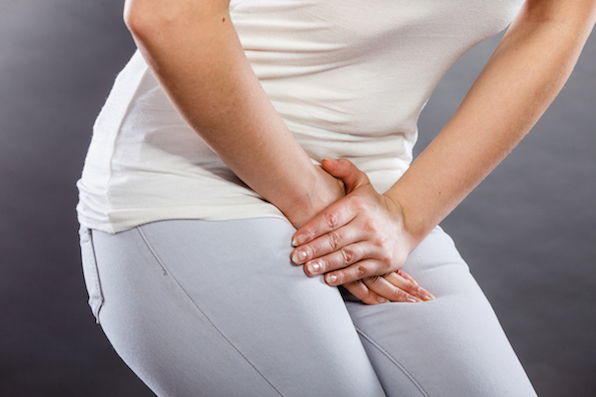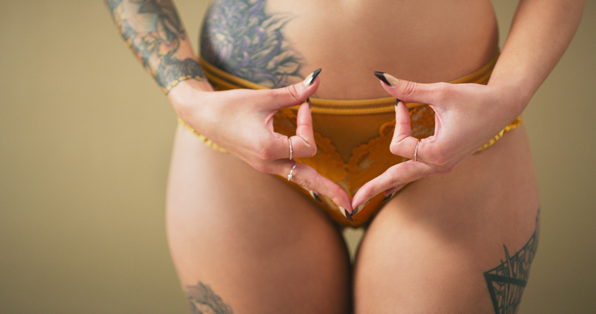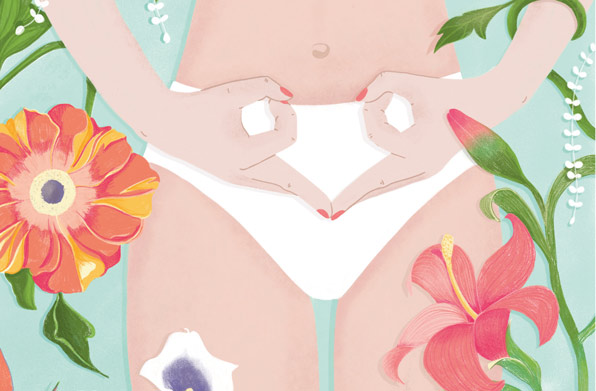You’ve probably never heard of it – and yet you may well know a woman affected by it. Vulvodynia is a condition that can be life-changing, and yet many women struggle to talk about it even with their closest friends and family. Until very recently it had no name, and many doctors did not take it seriously. Countless women are still suffering without a diagnosis.
Dr Alex Eskander, one of the UK’s most esteemed gynaecologists and Director of London’s leading clinic The Gynae Centre, tells us more about this hidden problem.
What Is Vulvodynia And What Are The Symptoms?
Vulvodynia is a syndrome of persistent pain of the vulva without any obvious infection or skin condition.1 The pain can be a sore, stinging or burning feeling. It affects the external female genitals (the vulva) which can encompass the clitoris, vaginal opening and the labia. In some cases the pain can even spread to the inner thighs and the buttocks. Usually when a woman has vulvodynia the vulva will remain normal-looking.
Vulvodynia has two key subtypes:
- Generalised Vulvodynia refers to discomfort in various parts of the vulva at different times. The pain may be continuous or sporadic, and may or may not be brought on by pressure or touch. Either way, touch or pressure may worsen the pain.
- Localised Vulvodynia is the classification for discomfort in one vulval area. It is frequently characterised by a burning sensation and is often prompted by pressure or touch – for example long periods of sitting down, or sexual intercourse.
What Causes Vulvodynia?
It is not known exactly what causes vulvodynia. It is not contagious or related to personal hygiene, and doesn’t signal cancer.
It’s often considered to stem from a problem with the nerves connected to the vulva. Possible catalysts for this may include nerve damage in childbirth or surgery, or even vaginal thrush.2 Dr Eskander said. ‘Here at The Gynae Centre we see a lot of patients who have been inadequately treated for fungal infections from over the counter medications. They usually respond very well to a prolonged course of anti-fungal treatment.’
He continued: ‘It is important to examine for any inflammation, abnormality or injury of the vulva (for example blisters, fissures or ulcerations) which could be resulting in pain. Pain without lesions could be neuropathic (i.e. nerve-related) and/or caused by pelvic muscular dysfunction stemming from a distant abnormality; for instance endometriosis, irritable bladder or bowel, or spinal or hip dysfunction. That’s why it’s so important to rule out underlying pelvic or lower back problems – not to mention other issues that could be causing vulval discomfort – from undiagnosed skin conditions to hormone imbalances.’
‘It is also crucial not to confuse vulval pain with vaginal pain, which could be a problem either in the vagina or deep in the pelvis (abdominal) during sex,’ Dr Eskander told us. ‘Furthermore, it is important to differentiate Vulvodynia from Vaginismus, which is pain as a result of involuntary contraction of the vaginal muscles, usually during intercourse.’ (More on this here).
How Is Vulvodynia Treated?
‘There is still much research to be done in this area. Doctors really need to start taking vulval pain more seriously,’ Dr Eskander told us. ‘We must listen to women and be exacting in our investigations because so many different things could be causing it.
‘If vulva pain is discovered to be secondary to another condition, it may very well improve once the primary problem is addressed.
Neuropathic (nerve-related) pain is difficult to treat but it can be controlled through the use of antidepressant medications (at very low dose), which disrupt pain signals from the brain down through the spine. In some cases physiotherapy or certain lifestyle adjustments and lotions can help – but these should be discussed with a doctor (don’t self-medicate with creams). And there are a small proportion of patients in whom the pain is psychogenic, for example related to an earlier trauma. In these cases, the help of a psychiatrist may be necessary.
‘When a woman is experiencing vulval pain, there could be any one of a number of things going on. That’s why you really need an experienced gynaecologist who will comb through your symptoms and medical history, and leave no stone unturned when it comes to physical examination,’ Dr Eskander told us.
If you are experiencing vulval pain, don’t suffer in silence. Call The Gynae Centre for a consultation on 020 7580 8090.

